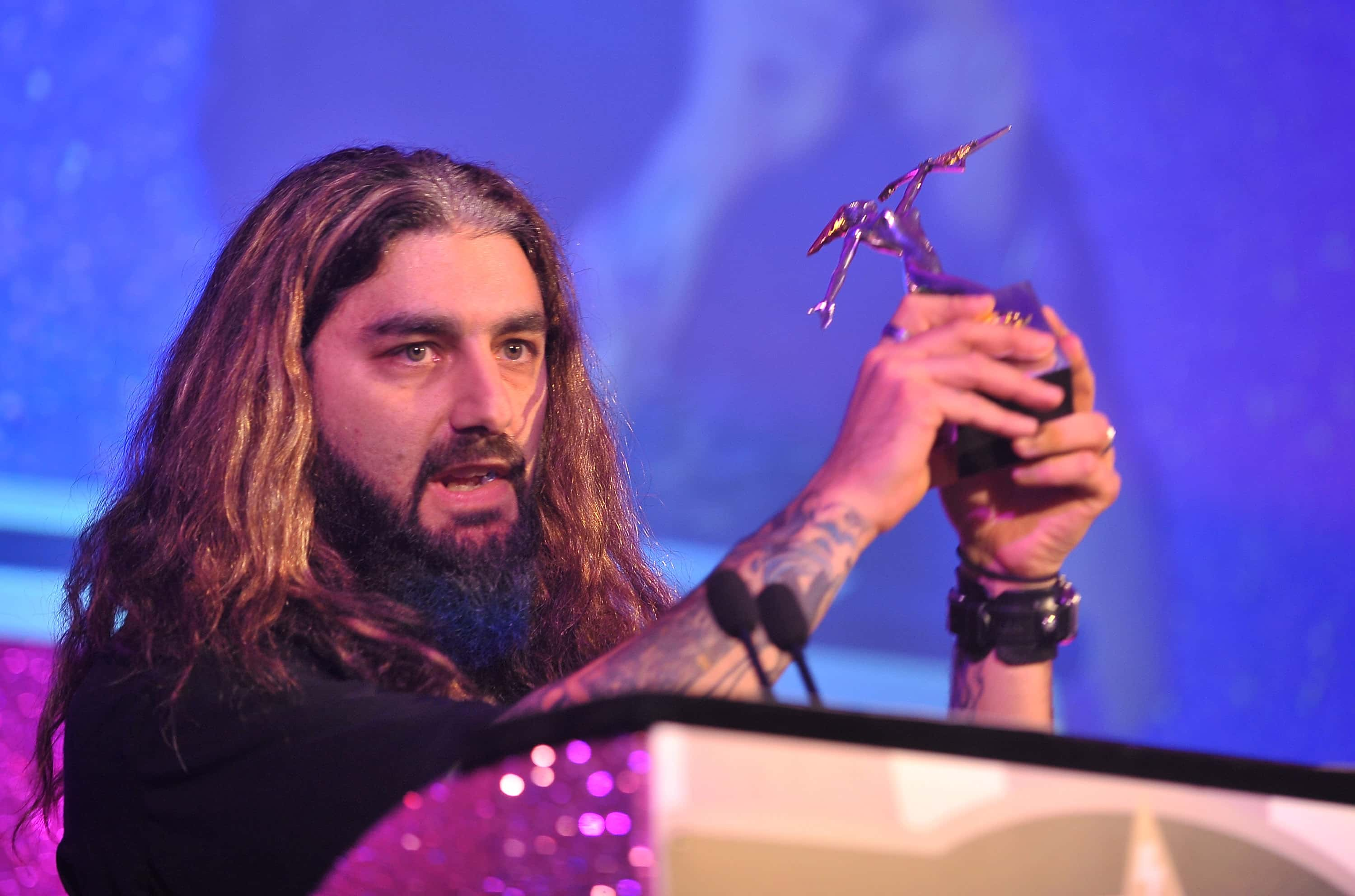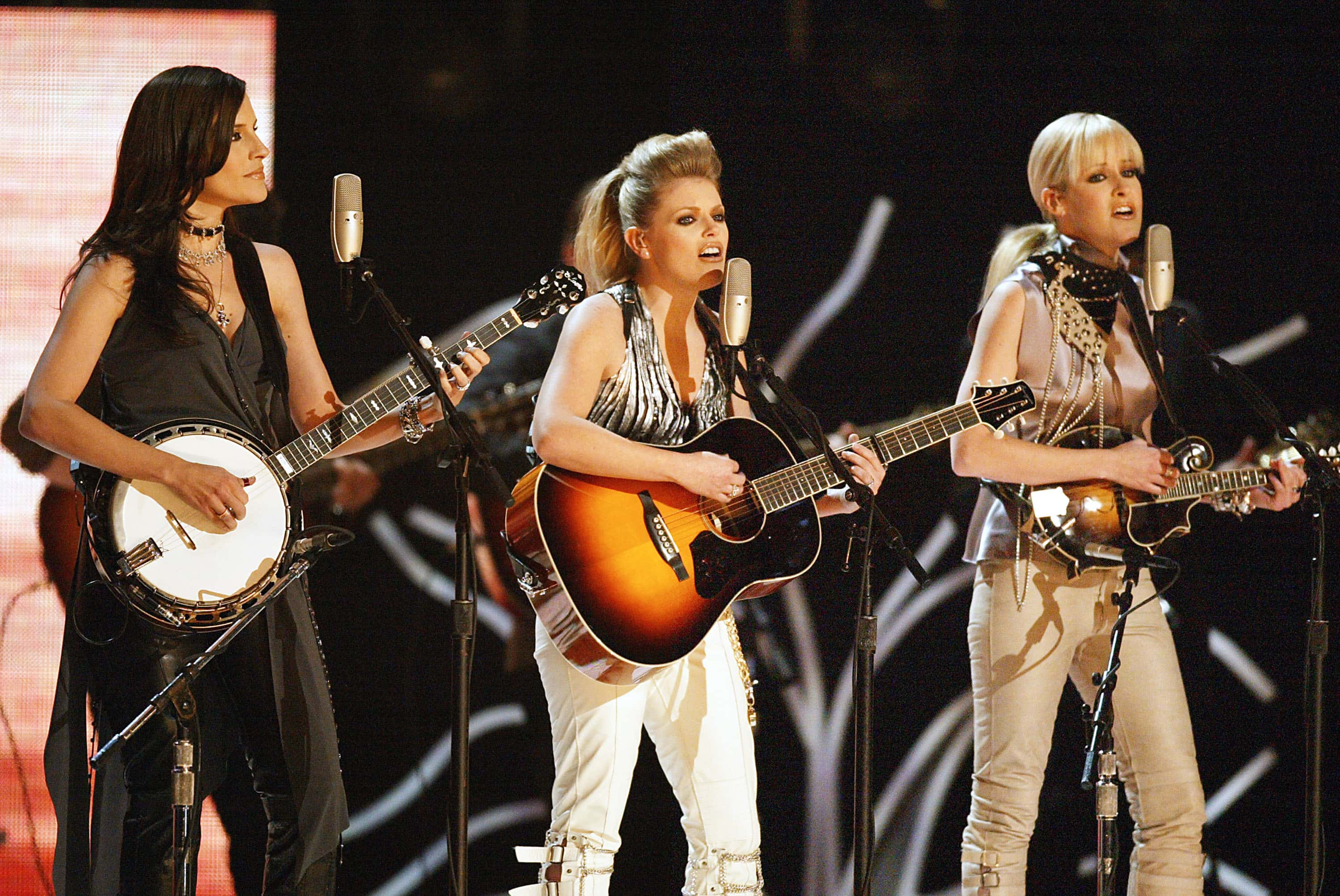How 9/11 attacks caused a paradigm shift in the music industry with changes in lyrics, album covers and even sound

As we record nearly two decades after the tragedy of Tuesday, September 11, 2001, we realize that there has not only been massive political changes since then but also a profound shift in the way we think about music as well. Artists who were ready to deliver their new music around the time have had to alter their lyrics and beliefs on worldwide matters and while some changes may have had a positive outcome, the careers of many took a hard knock.
According to an interesting 2014 report by the Village Voice, the music industry around the time was notably different, with thriving record stores, profits that were record-setting and certain Tuesdays being slated as "Super Tuesdays" every year. Such exclusive days were when some record labels would push several major releases at once that would frequently see a surge in sales.
For the infamous 9/11 Tuesday, some distinguished artists such as Bob Dylan, Jay-Z and Mariah Carey still managed to achieve critical or commercial success with their latest projects, but others, however, were negatively impacted by the attacks.
One of the biggest examples is when bands Dream Theater and The Coup had to alter their album material which had eery similarities to the attacks. More specifically, the original artwork for Dream Theater's concert album 'Live Scenes From New York' had the World Trade Center lit aflame. The original cover art for The Coup's album 'Party Music' depicted lead vocalist Boots Riley and late DJ Pam the Funkstress destroying the twin towers of the World Trade Center using what appeared to be a detonator, which was actually an electronic tuner.
It was also a scary coincidence that Slayer promoted their new album before the time with a free T-shirt that read “GOD HATES US ALL: 9-11-01.”

The abovementioned artists had to make immediate changes and where also a list of others who did the same, and according to MTV 10 days after the attacks, such decisions were a mere part of a larger attempt to provide inoffensive entertainment to the multitude affected by 9/11. According to early reports, more than 165 songs were listed as "lyrically questionable.”
Moving on to a larger scale, whole genres were impacted, one of the most notable being country music. Preceding the U.S. invasion of Iraq, unity in the country began to drift as country radio was faced with a choice to side with either nation. Such a detriment churned out songs like Darryl Worley's seven-week No. 1 hit 'Have You Forgotten?' Some critics praised it for bringing a message of unity for Americans while it also received backlash. The Chicago Tribune said the song "essentially reads like a Bush position paper for entering Iraq with guns blazing."
Then you have the iconic all-women group The Chicks (previously known as The Dixie Chicks) who received heavy backlash for their comments on George W. Bush. On March 10, 2003, nine days before the invasion of Iraq, The Chicks were introducing their song 'Travelin' Soldier', to the audience at the Shepherds Bush Empire theater in London, England when lead singer Natalie Maines voiced the band's non-support for the upcoming Allied invasion of Iraq and that they were "ashamed" that President George W. Bush was from Texas.
As many country listeners were in support of the war, their criticism of the former POTUS resulted in them being blacklisted by thousands of country radio stations and also entering into an extended period of musical silence with a hiatus.

The period of time was both saddening and angering from different spheres and the division it created left a lot of listeners confused as to who they deemed their rightful entertainer. Green Day's Billie Joe Armstrong also voiced his criticism over George W. Bush and one of the band's biggest albums 'American Idiot' drew from that confusion. In a 2010 interview with Jordan Roth on '92nd Street Y', after expressing the fear and confusion he and fellow Americans were facing after the 9/11 attacks, the Green Day singer explained how George Bush "alienated us from the rest of the world" instead of "looking at it as an opportunity to join the rest of the world." You can read more on how 'American Idiot' reflected those times here.
As much as we can explore some of the negative happenings in the music industry after 9/11, what is more important to remember is that the tragedy also created a call for unity and a multitude of artists caught hold of that.
Soon after the attacks, the music community banded together to help victims of the attacks, with a September 21 telethon 'America: A Tribute to Heroes'. The event raised $150 million for United Way and featured performances by Bruce Springsteen, Stevie Wonder, U2, The Chicks, Wyclef Jean, Faith Hill, Alicia Keys, and Bon Jovi. On October 20, another benefit concert took place at Madison Square Garden with profile artists such as Elton John, Jay-Z, Paul McCartney, Billy Joel, David Bowie, Destiny's Child and others. The artists performed to a crowd which included surviving members of the New York police, fire departments and other emergency services as well as to families of those killed in the attacks.
The 9/11 tragedy certainly left its mark on music. If its aftermath brought about both division and unity, we can hope that lessons have been learned from such an event and recall the positivity we gained from them for the difficulties the world faces in 2020.










